Why Might Luckin Want To Buy Blue Bottle Coffee?
For paid subscribers: Nestlé is exploring a sale of Blue Bottle, and Luckin is reportedly interested. With such different approaches to coffee, however, it’s worth asking the question: why?

Hello and welcome to May, where if the proverb is correct (and proverbs usually are) the rain has to step aside by law and cede control to sunshine and flowers.
Not sure proverbs can compete with climate change, however. “Random April thunderstorms bring flash floods and then who knows about May—snow?” sounds more like it, although it doesn’t rhyme as nicely.
Anyway, how about that coffee eh?
The news of the coffee C price being at record lows doesn’t really seem like news anymore. It’s just the sad reality. The price keeps dropping down and down, currently sitting at 13 year lows.
In response, some Brazilian farmers have decided not to sell their crop, hoping instead for a “price miracle” to come along.
Brazil’s few years of record harvests have been a contributing factor to the current price crisis, with the high supply helping to push prices down and another large crop predicted this year. Whether the farmers’ gambit pays off remains to be seen, but it’s evidence of an increasing desperation among coffee producers looking for any way to make a living during what is quickly becoming a humanitarian crisis.
This roundup has written before about coffee pods and their effect on the environment, but according to new research they might not be as bad as previously thought.
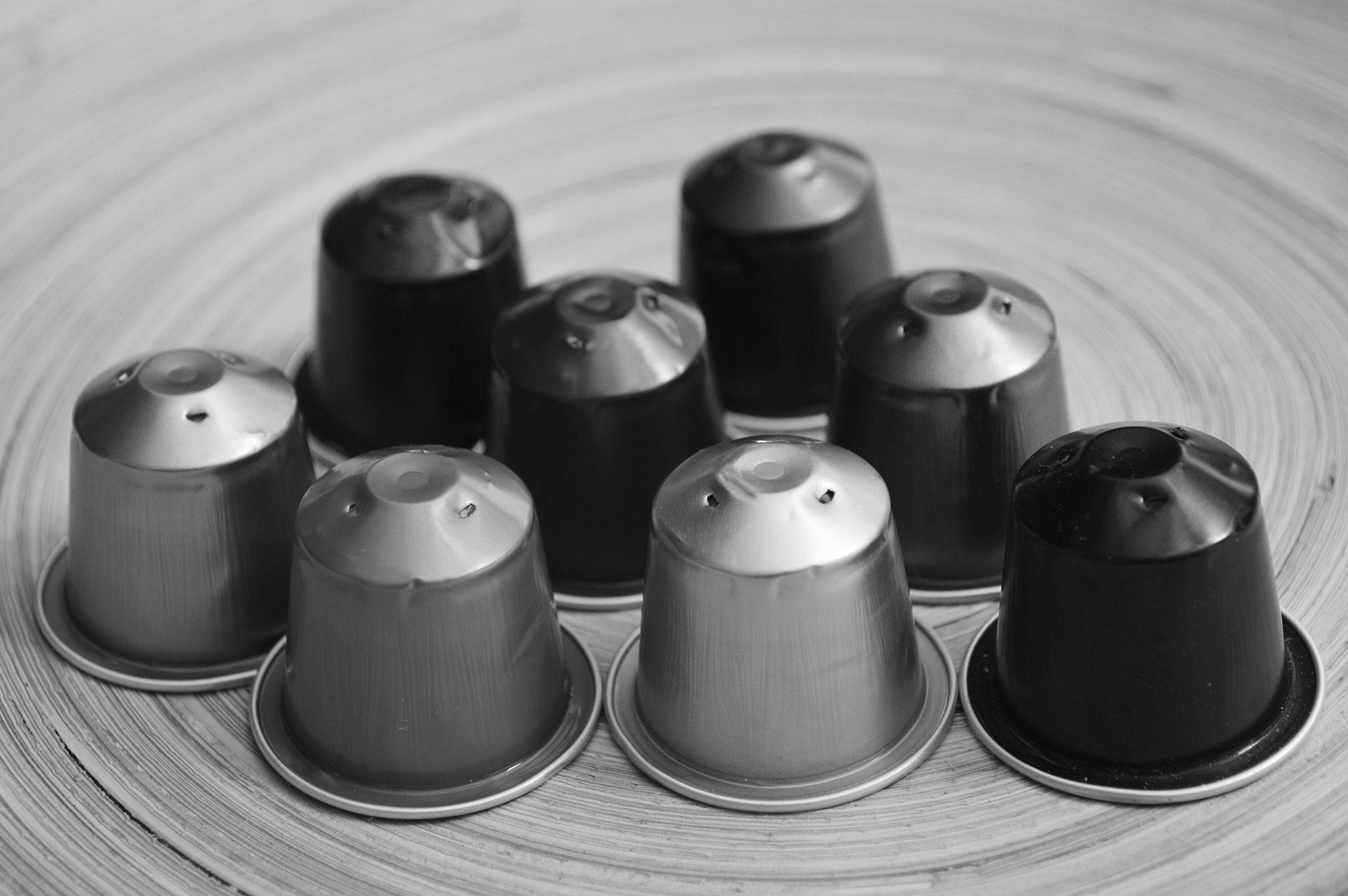
You see, it all comes down to life-cycle assessments, and whether the plastic/aluminium composition of the pods being produced, filled, shipped, used, and then degrading in a landfill is offset by the relatively small amount of energy and water they use compared with other coffee brewing methods.
Basically, the world is unfathomably complicated, and making sweeping statements about anything is just asking for trouble.
According to researchers at the University of Bath, coffee pods are the second most environmentally friendly coffee preparation technique, behind instant (?), ahead of pour over and drip and far ahead of espresso. According to Alf Hill, the professor in charge of the research, “Capsules tend to need less coffee input to make a single drink and so their overall impact can be lower even though we see more waste when we throw them away.”
Everything is relative, though. What sort of coffee is going into the pods? Is it sustainably grown? What about processing and roasting?
The article mentions energy used in brewing the coffee as having the second largest impact after growing, and because pod machines use only the exact amount of water necessary and heat only that little bit each time, this apparently also positively influences its footprint. Espresso machines, by contrast, are on all the time and continually heating water, not to mention using that water almost constantly, which explains their pretty poor showing.
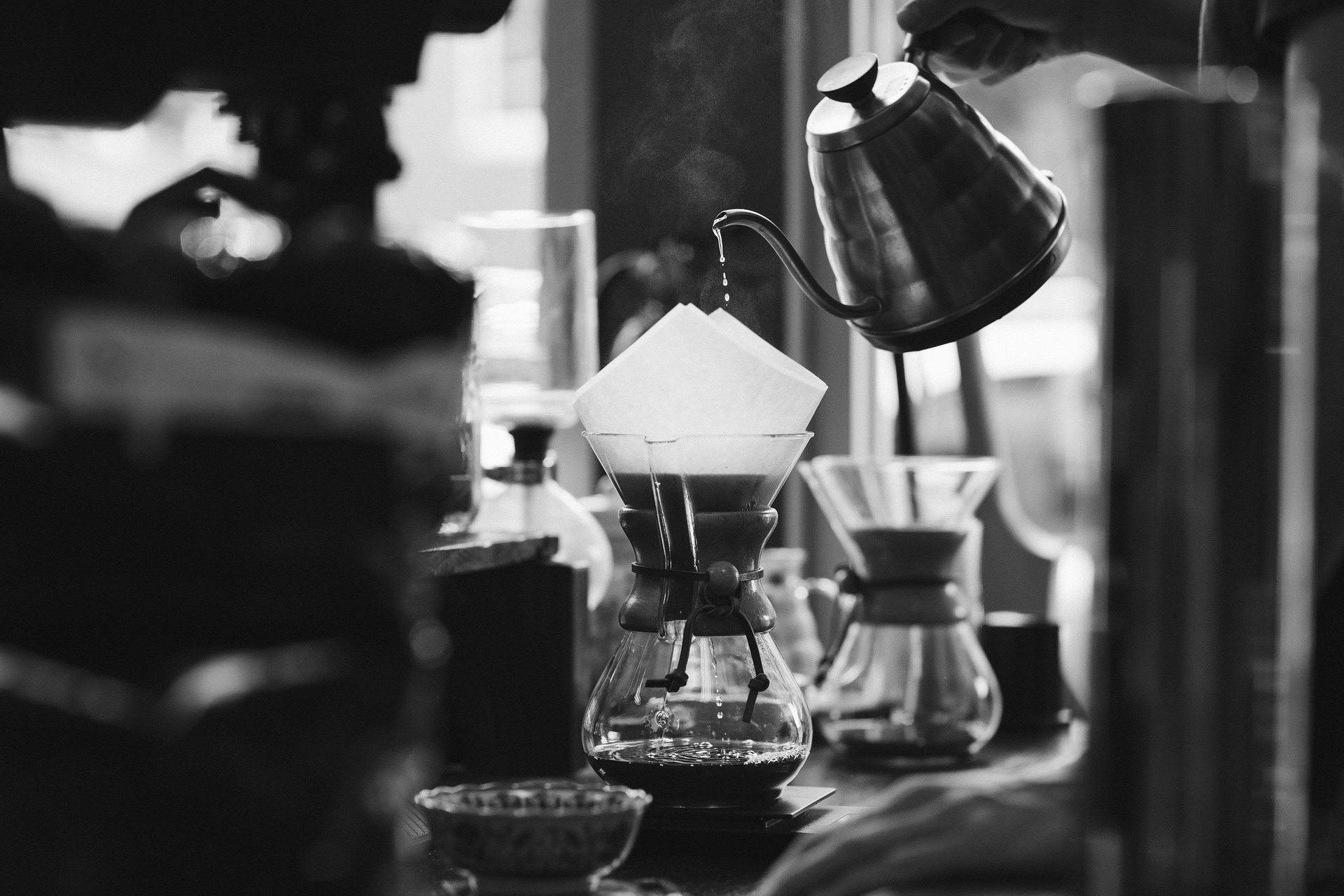
However, as with a lot of things the user can influence these life-cycles with their habits. When making drip or pour over coffee, boiling only the water you need, brewing only the coffee you plan to drink and buying quality, sustainable coffee in the first place can all have a positive effect. On the other hand, as Sebastien Humbert, an expert in life-cycle assessment studies at sustainability consulting firm Quantis, puts it: “If you are an irresponsible consumer, if your drip filter machine is very inefficient, if you leave it on, if you make more coffee than necessary, then you can make drip-filter coffee significantly worse than capsules.”
So in the end, everything is more complicated and frightening than you thought, and every single action and choice you make has consequences, both environmental and otherwise. In general, just try to be as sustainable as you can in your personal life and then push policymakers to enact the legislation we’ll need to stop the world from dying. Because in the end, individual choices don’t count for much in the grand scheme of things—it’s the people in charge who have the power to fix this.
Uh oh.
Speaking of the people in charge being awful, JPMorgan Chase got in a little bit of bother this week when what I’m sure they thought was a harmless tweet was, well, let’s just say not warmly received.
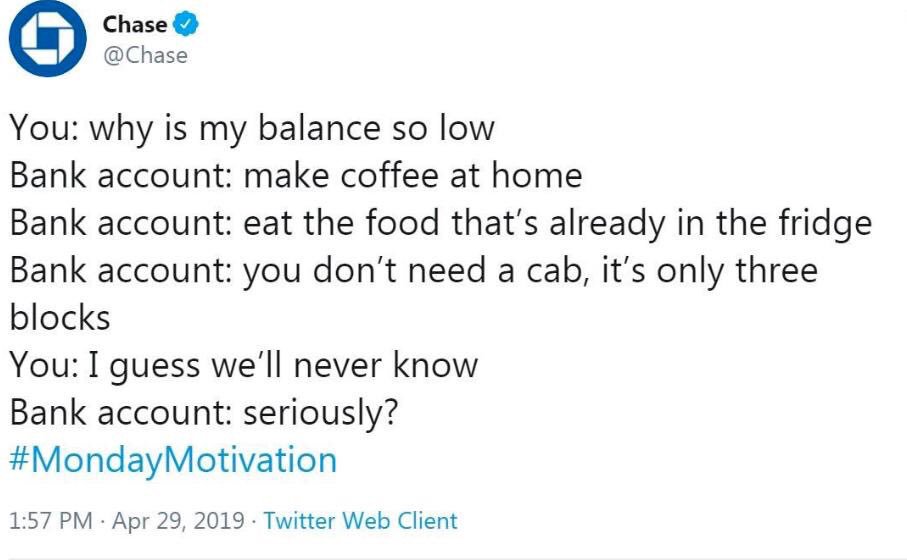
Their tweet jokingly encouraged people to make coffee at home and eschew taxis in order to save money which, while being generally pretty good advice, seemed a bit rich coming from an enormous bank that was given a $25 bilion bailout by the taxpayers in 2008 and pays its CEO $31 million a year.
Big companies trying to be cool on Twitter is generally a bad idea, but money-shaming your customers who might be struggling for all sorts of reasons when your bank made a profit of $32.5 billion in 2018 is pretty poor form.
This is also another example of the recent trope of “rich people lecturing poor people about how to spend or not spend their money”, the whole millenials-eating-avocado-toast-and-drinking-lattes-instead-of-buying-a-house-at-twenty-two-like-I-did shtick.
It’s not a good look.
Tommy Lee Jones advertizing Boss Coffee in Japan has produced some incredible commercials over the years, and now Boss has released a special edition two minute long montage of his greatest hits, in recognition of the abdication of Emperor Akihito and the end of the Heisei era.
Because why not.
The AV Club tells us that Jones has been playing an alien sent to study humanity in Boss commercials since 2006, and this new ad shows a number of the personas he’s embodied over the years, from train conductor to astronaut to some sort of monstrous police officer.
Writing about the clip doesn’t really do it justice, so please click the link below and watch the video. You will not be disappointed.
Read the full story here (and don’t forget to watch the video)
This week, certain phenolic acids found in coffee (as well as some fruits and vegetables) have been shown to lower the risk of breast cancer after menopause by up to 65%, according to research presented at the European Congress on Obesity.
Breast cancer risk was found to be inversely proportional to the intake of certain of the these acids, specifically hydroxycinnamic and chlorogenic acids. According to one of the researchers involved, chlorogenic acids have also “been associated with lower food cravings, reduce daily calorie intake, induce body fat loss by thermogenesis, and enhance glucose tolerance and insulin sensitivity,” which seems good.
After some light googling, the foods with the highest concentrations of chlorogenic acids include blueberries and sunflower seeds, and tomatoes, potatoes, apples, and pears also have higher than normal levels. And oh what’s this, coffee and tea are high on the list too.
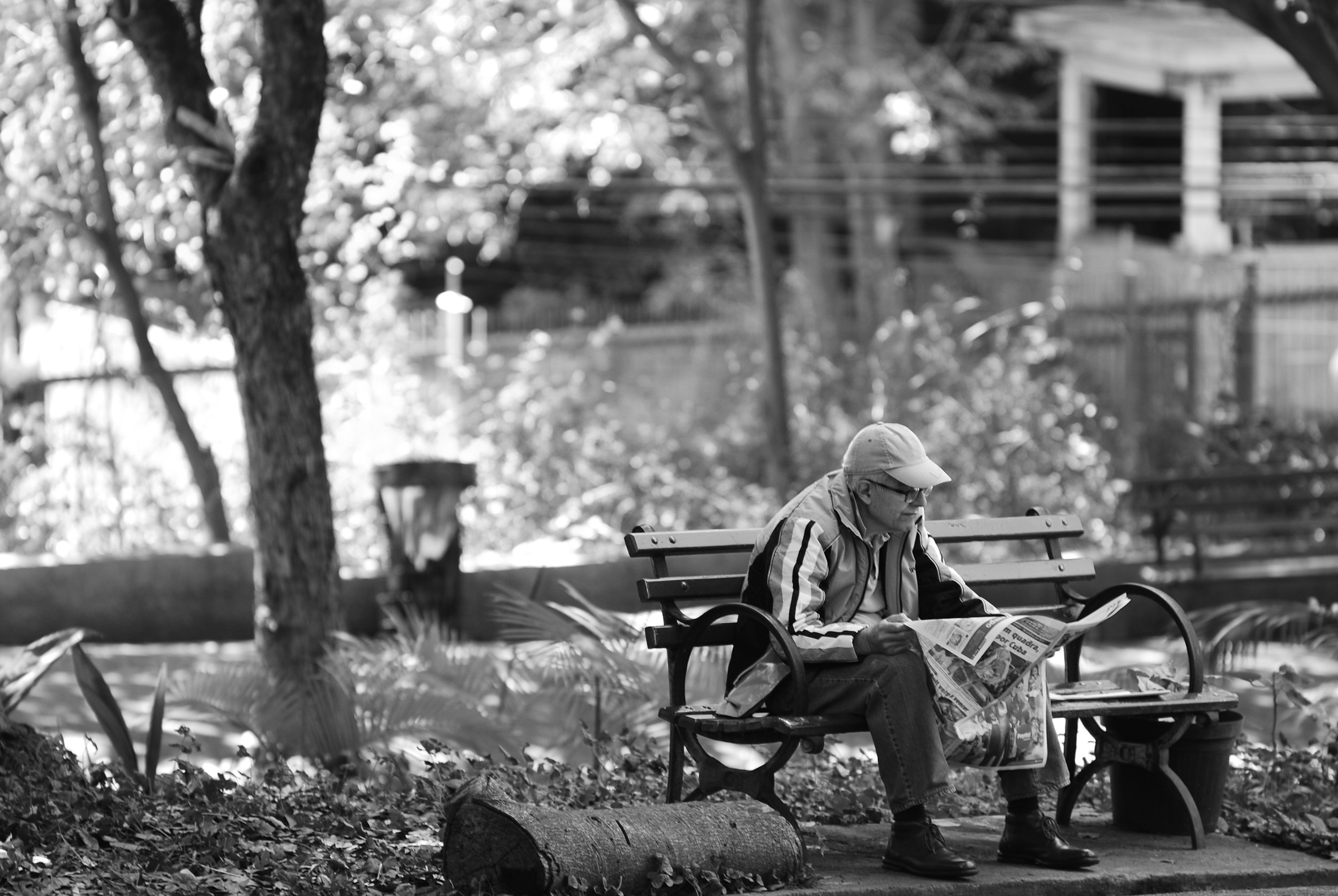
In Portland, Reducing Waste And Increasing Accessibility At Nossa Familia by RJ Joseph
How Can Coffee Plantations Be More Bird-Friendly? by Carah Wertheimer
Just Do Something: How Roasters Can Make A Meaningful Impact At Origin by Jennifer Huber
Until next week, drink good coffee. Eat blueberries, sunflower seeds, and so on.
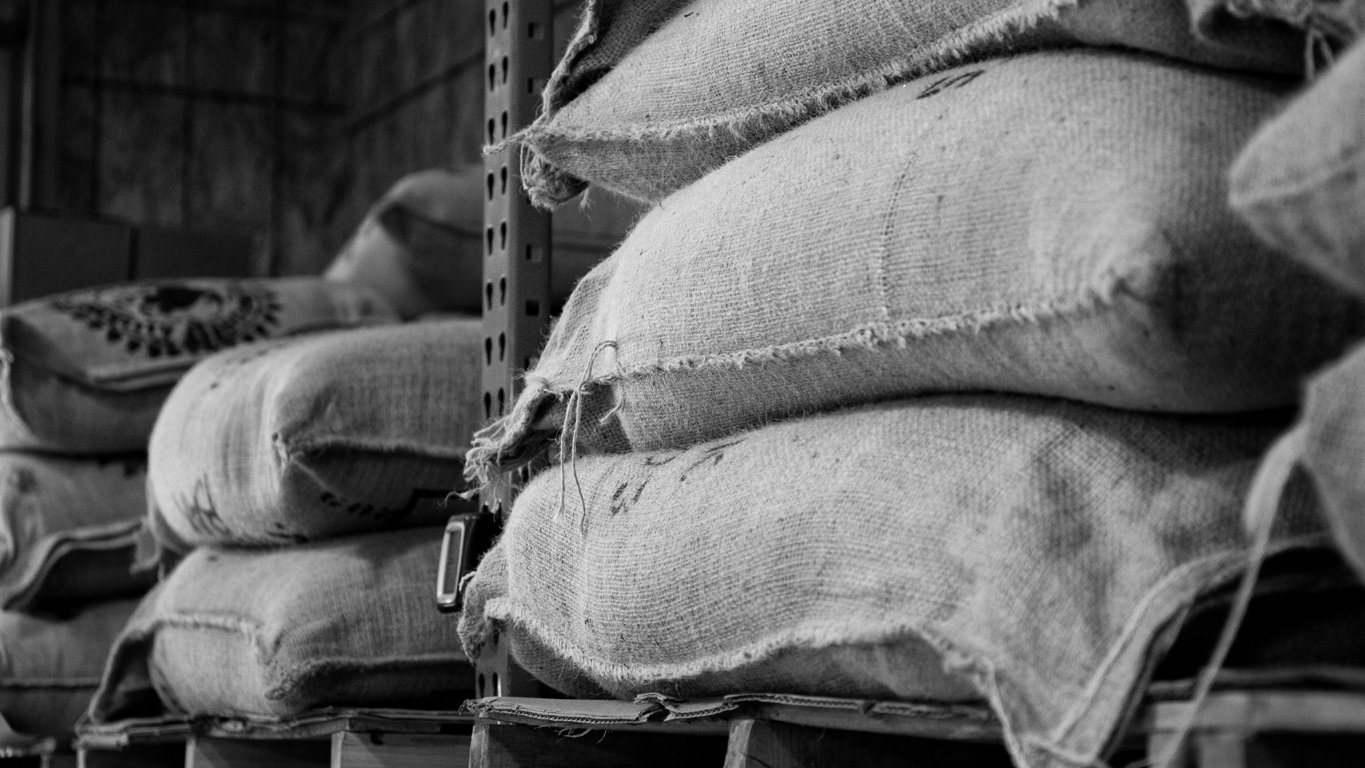
Nov 24, 2023 Connecting the Dots: Inside the 2023 Coffee Barometer Nov 24, 2023 Nov 24, 2023
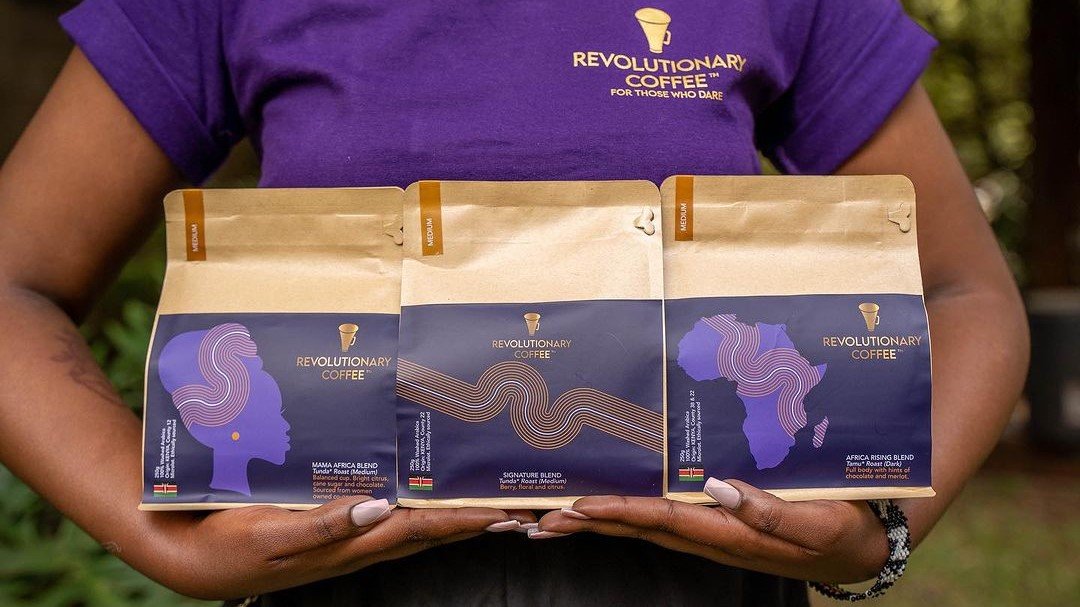
Oct 21, 2023 'Specialty Coffee Should be Enjoyed by Those Who Grow It': The Farmer's Daughter Joining Kenya's Coffee-drinking Revolution Oct 21, 2023 Oct 21, 2023
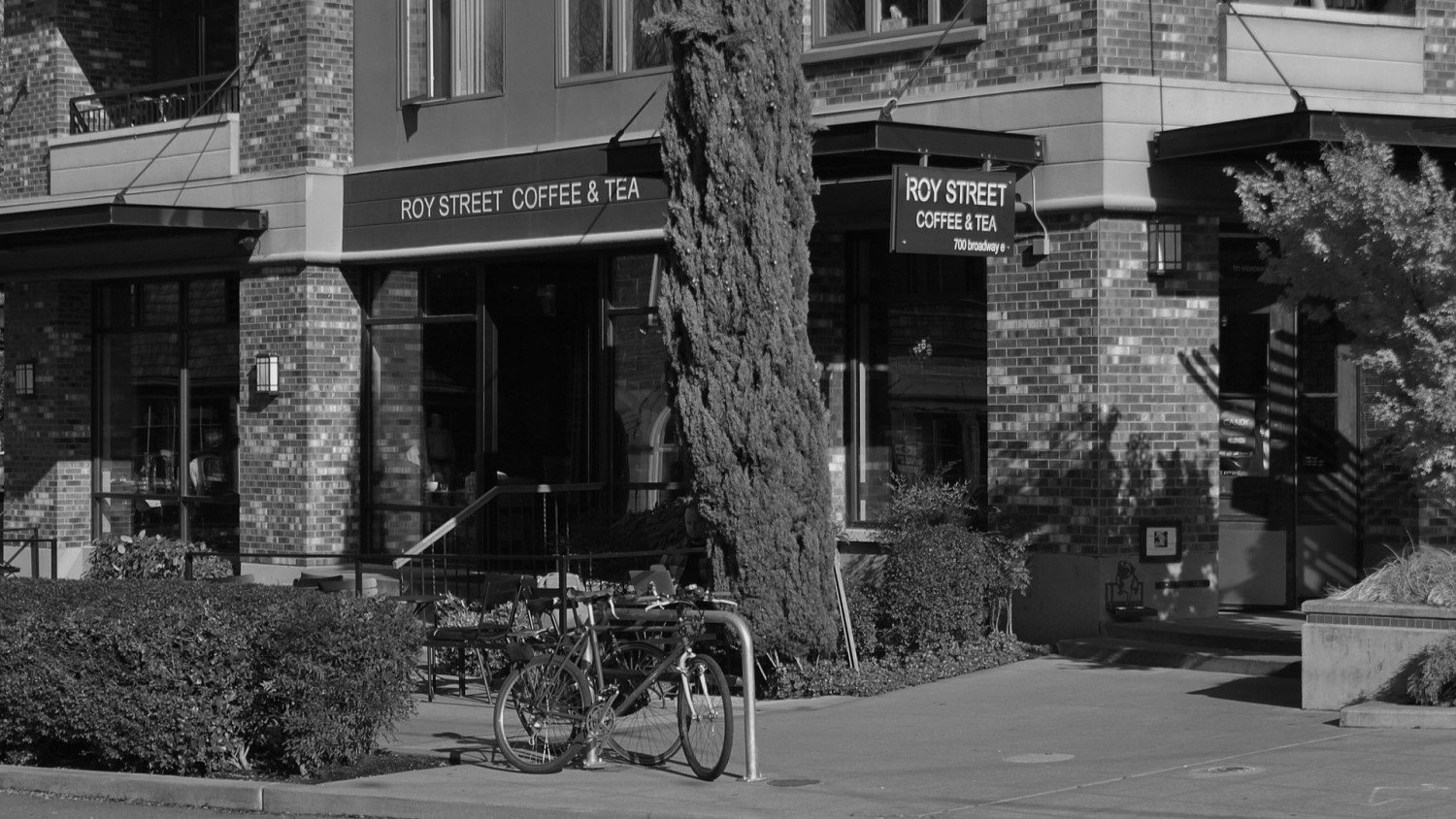
Oct 6, 2023 Stealth Starbucks: A Premonition of Modern Specialty Coffee Oct 6, 2023 Oct 6, 2023
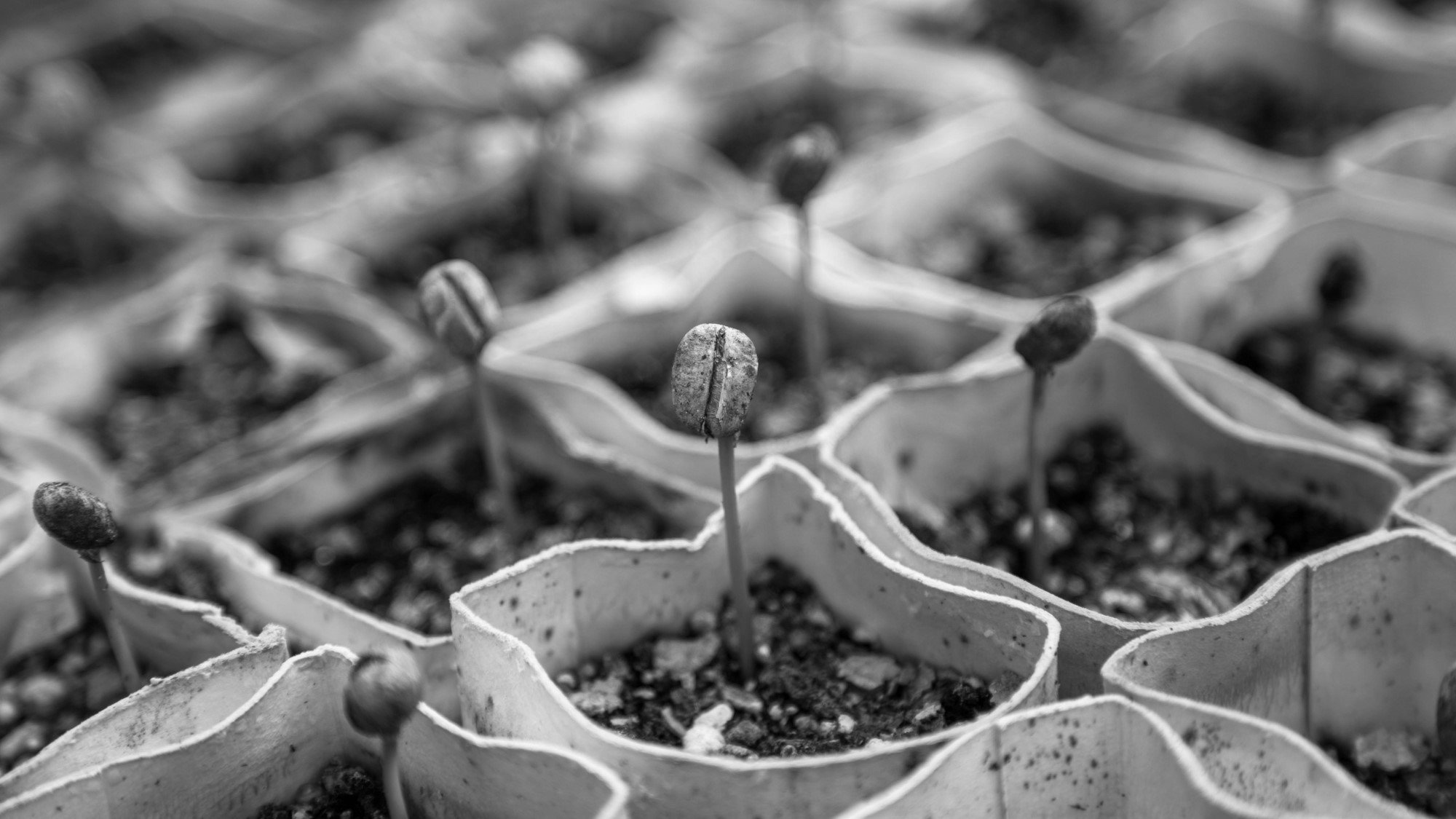
Sep 22, 2023 Can the Coffee Change Fund Save Coffee? Sep 22, 2023 Sep 22, 2023
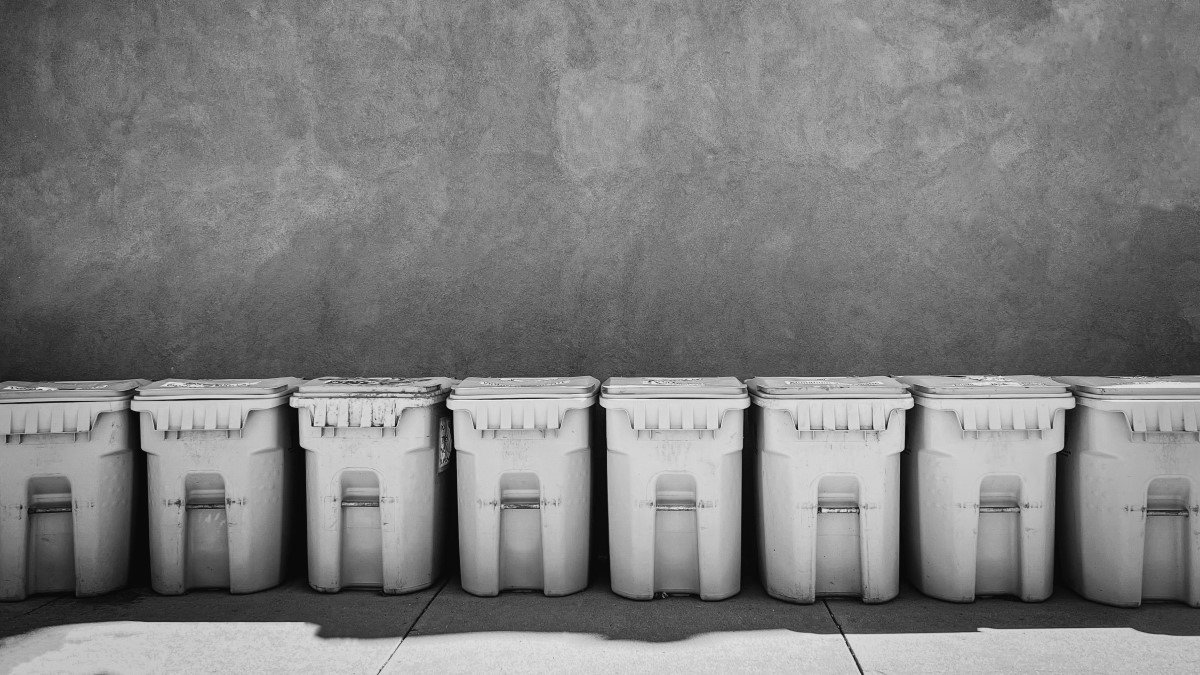
Sep 8, 2023 Upcycled Coffeewashing Sep 8, 2023 Sep 8, 2023
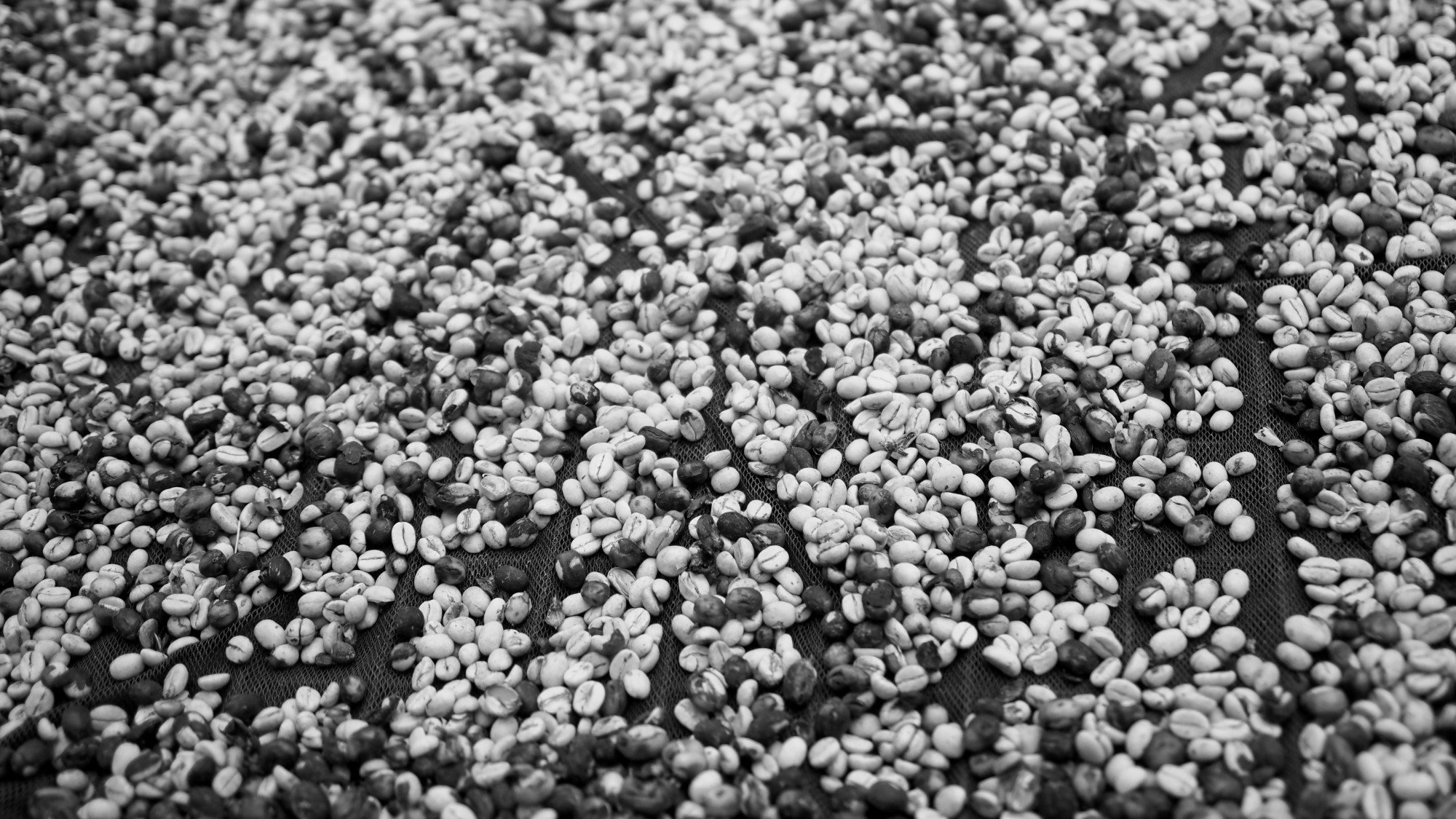
Aug 25, 2023 From A Concerned Farmer Aug 25, 2023 Aug 25, 2023

Aug 11, 2023 Philly is a (Coffee) Union Town Aug 11, 2023 Aug 11, 2023
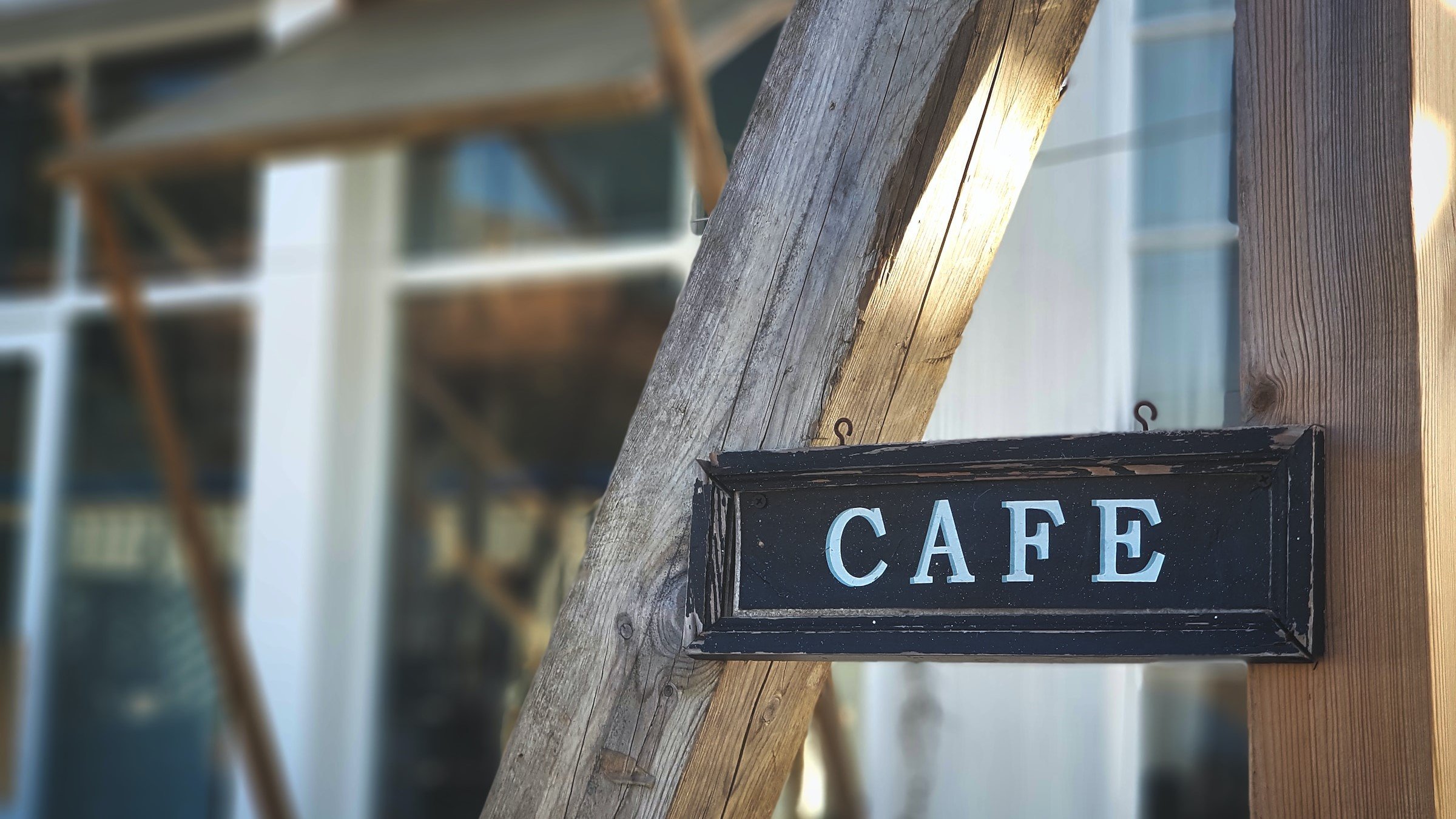
Jul 28, 2023 South Korea's Coffee Wars Jul 28, 2023 Jul 28, 2023

Jul 14, 2023 Camp Coffee, Colonialism, and the Evolution of a Brand Jul 14, 2023 Jul 14, 2023
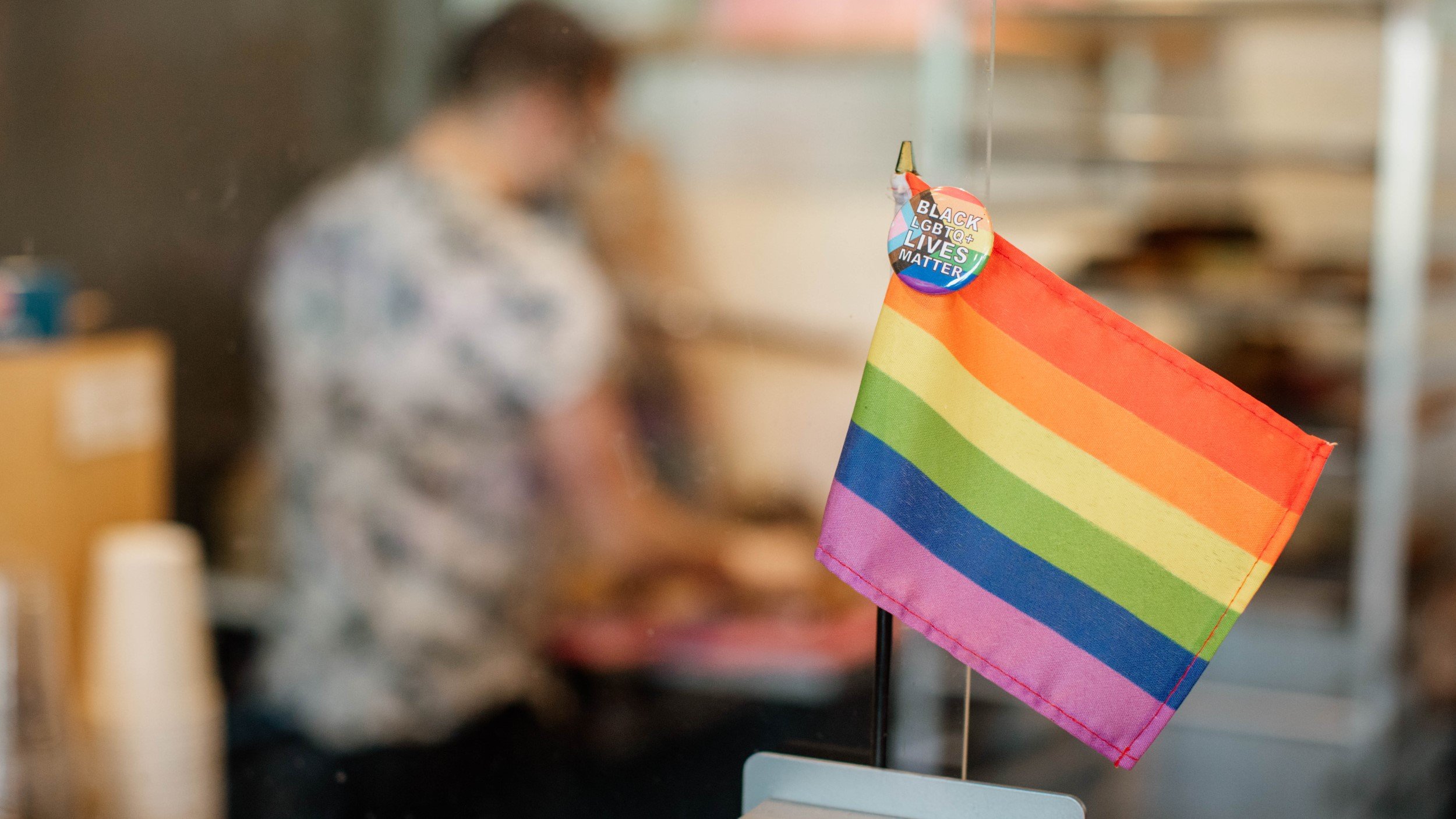
Jun 30, 2023 Defiance and Gay Frog Donuts: How Strange Matter Coffee is Navigating the Anti-LGBTQ+ Backlash Jun 30, 2023 Jun 30, 2023
Sign up for the newsletter and get the latest Pourover article delivered straight to your inbox